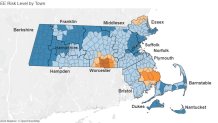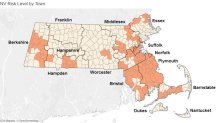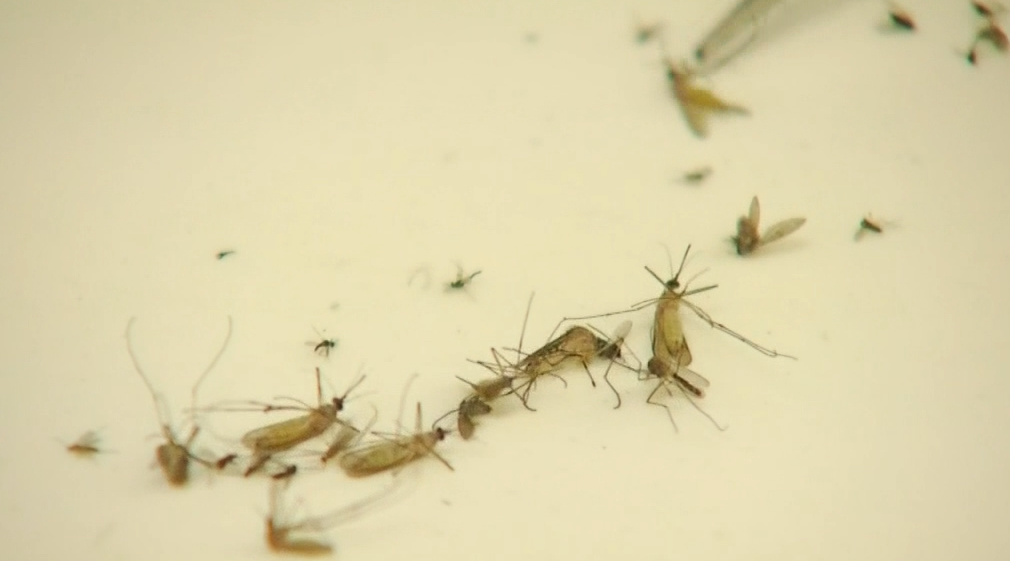After Massachusetts' first human case of Eastern equine encephalitis, or EEE, in four years, some towns are considering taking action to keep people safe.
Four towns — Douglas, Oxford, Sutton and Webster — are at critical risk for the mosquito-borne illness after a man in his 80s contracted it in Worcester County, the Department of Public Health said last week.
WATCH ANYTIME FOR FREE
Stream NBC10 Boston news for free, 24/7, wherever you are. |
EEE is rare, but it is exceptionally dangerous. Twelve people are known to have contracted it in the Bay State in 2019. Six of those people died. In 2020, five people were infected, one of whom died.
There were no human cases in the following three years.
Get updates on what's happening in Boston to your inbox. Sign up for our News Headlines newsletter.
The Oxford Board of Health is expected to vote Wednesday on banning all outdoor activities after 6 p.m. on town property.
"We are higher this year," said UMass Amherst Microbiology Professor Stephen Rich. "It tends to go in cycles where the mosquito population rises, there's an influx in virus in those mosquitoes."
"This is a very serious illness," said Rike Sterrett, Oxford's director of Public Health Services. "We want residents to be aware it's in our area, we have a positive human case in our immediate region."
Health officials say they'll be working with schools and leagues to schedule practices and games earlier in the day.
But not everyone's on board with that idea.
"We cannot start earlier," said Bobby Poirier, president of the Oxford Webster Youth Football & Cheer Program. "Our parents already struggle with the 5:30 time frame, we try to cater to parents working 9 to 5, get home, get here on time for 5:30 and practice until 7:30."
"I think it's absolutely ludicrous," said Greta Keegan, whose daughter participates in an outdoor cheer program.
If town health officials vote on the move, it will likely mean all outdoor activities on town property will be stopped after 6 p.m. until October, and then 5 p.m. until the danger is over.
The DPH has interactive maps showing risk levels of EEE and West Nile virus.
In addition to the four towns at critical risk, six are categorized as being at high risk for EEE: Carver, Dudley, Middleborough, Northbridge, Plymouth and Uxbridge.
There are 23 communities with moderate risk of EEE: Amesbury, Auburn, Bridgewater, Charlton, Grafton, Groveland, Halifax, Haverhill, Kingston, Lakeville, Leicester, Mendon, Merrimac, Millbury, Millville, Newburyport, Plympton, Rochester, Salisbury, Southbridge, Upton, Wareham and West Newbury.

Much of the state is also at moderate risk for West Nile virus.

Officials expect the mosquito population to increase throughout the summer and recommend, among other prevention techniques, avoiding outdoor activities in dawn and dusk, when mosquitoes are most active.
People are also urged to drain standing water, where mosquitoes lay eggs, and use screens in their homes. They should also be careful to protect their animals.
The Department of Public Health says people can call its Division of Epidemiology at 617-983-6800 for more information about the mosquito-borne illnesses.



